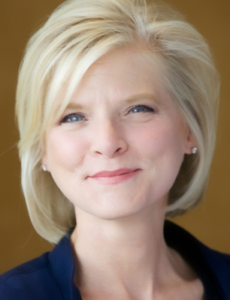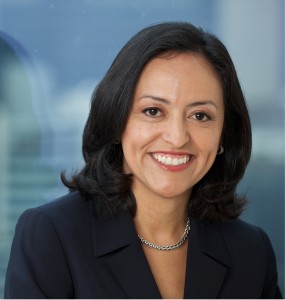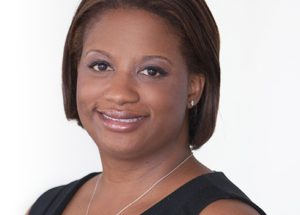 By Michelle Hendelman, Editor-in-Chief
By Michelle Hendelman, Editor-in-Chief
What is the best way to find out what makes NextGen employees tick? Ask them. This is exactly what PwC, along with the University of Southern California and The London Business School did in their groundbreaking study, PwC’s NextGen: a global generational study [PDF]. With over 40,000 responses collected and 18 global territories represented, this study identifies the attitudes, perceptions, mentality and overall work preferences of the next generation of the world’s workforce – Millennials.
Although Millennials and non-Millennials hold many similar viewpoints about flexible schedules, the ability to work occasionally from home, and the importance of healthy work/life balance, it seems as though PwC’s NextGen study reveals one important difference between Millennials and the generations before them. Millennials are not as inclined to make big sacrifices in their personal lives in order to climb the corporate rungs at work.
In fact, according to the study, 15% of all male employees and 21% of all female employees would accept less pay and extend the pace of their personal career advancement to work fewer hours. The study also suggests, however, that Millennials value different contributing factors to their personal advancement. What is the impact of these findings?
“Millennials are not afraid of working hard,” says Terri McClements, US Human Capital Leader for PwC, “it’s that the experience is equally important to them as putting in the hours it takes to achieve a certain title or role.”
While the results of the NextGen study have the potential to significantly affect workplace culture as corporate leaders adapt to accommodate the needs of this emerging workforce majority in an effort to improve employee retention and create effective talent development programs, the real impact just might be felt in the mentor/mentee relationships between non-Millennial senior level executives and Millennials.
This is especially true in the case of senior level female executives who choose to act as mentors to Gen Y rising stars within their company. With Millennial attitudes differing from non-Millennials in some key areas, how can these two generations of female workers connect in a way that is meaningful and beneficial for everyone involved, including the company?




